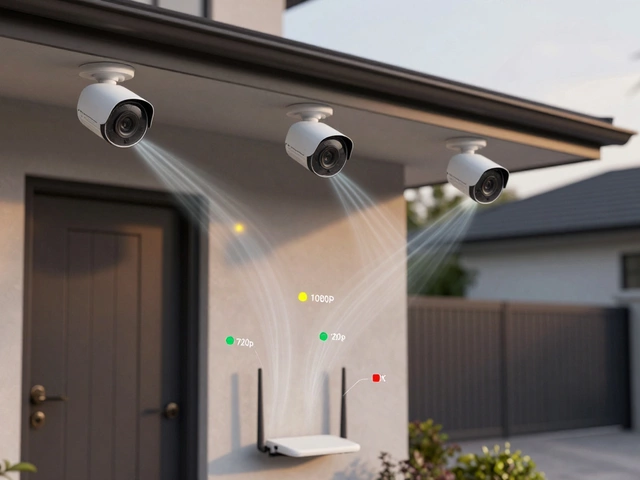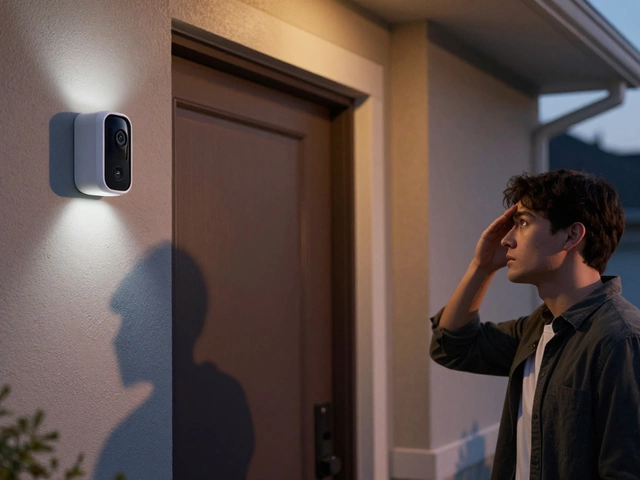Phone Connection and Home Alarms: What You Need to Know
When you hear the term "phone connection" you probably picture an old‑school landline plugged into your alarm panel. In reality, most new systems can run without that cable at all. Knowing which connection type fits your home can save you money, hassle, and a lot of confusion.
Traditional Phone Line vs. Modern Options
Older alarm panels rely on a PSTN line – the same line that carries your voice calls. The panel sends a signal to the monitoring centre if a sensor trips. If the line goes down, the alarm can’t alert anyone. That’s why many homeowners still keep a landline for security, even if they use mobile phones for everyday calls.
Today you have three main alternatives:
- Cellular modules: a small SIM card inside the panel talks to a mobile network, just like your phone. It works 24/7 as long as there’s coverage.
- Broadband (IP) connection: the panel uses your home’s internet to send alerts. It’s fast, but a router outage can cut the link.
- Hybrid systems: combine cellular and IP, switching to the backup if the primary fails.
All three eliminate the need for a physical phone line while still giving reliable monitoring.
Choosing the Right Connection for a UK Home
First, check your mobile signal strength. If you get at least three bars in every room, a cellular module is a safe bet. Most UK alarm providers offer a built‑in cellular backup, so you don’t need to buy a separate device.
If your broadband is fibre or a strong cable connection, an IP‑based alarm can be cheaper. Just make sure you have a UPS (uninterruptible power supply) for the router, because a power cut can take the alarm offline.
Hybrid setups are popular for high‑value properties. They cost a bit more, but you get double protection – the system automatically flips to the other connection if one fails.
Another practical tip: ask the installer about battery backup for the alarm panel itself. Most panels have a 24‑hour battery that keeps the alarm alive even if the mains go out.
Finally, consider any rental agreements. Some landlords prohibit new wiring, so a wireless cellular solution is the only realistic option.
In short, you don’t have to keep a landline just because of an alarm. Cellular, broadband, and hybrid systems give you flexibility, especially for modern UK homes that rely on smart tech. Pick the option that matches your signal strength, internet reliability, and budget, and you’ll have a solid phone‑connection strategy without the old‑fashioned cable.



